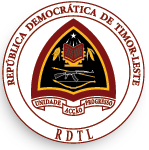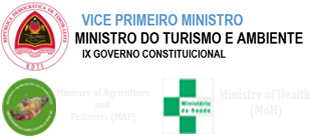What is ABS ?
Access and benefit-sharing (ABS) refers to a set of rules and principles governing the use of biological resources, or in other words, the way in which biological resources may be accessed, and how users and providers of biological resources reach agreement on the fair and equitable sharing of benefits that might arise from their utilisation.
WHY IS ABS IMPORTANT ?
ABS can ensure that the method used to access and utilise biological resources maximizes the benefits for users, providers, the ecology and communities where the biological resources are found. Users, for example, access biological resources to perform scientific research to develop commercial products such as pharmaceuticals or cosmetics. Providers, on the other hand, grant users access to biological resources in return for a fair and equitable share of benefits that result from their use. The benefits can be in the form of monetary or non-monetary.
In the case of accessing biological resources using traditional knowledge of Indigenous People and Local Communities (IPLCs), the value of this knowledge is recognized by the rules of ABS where it requires users to obtain permission from the IPLCs who own the knowledge to use it (known as Prior Informed Consent – PIC), and to share any benefits that result from its use.
Access to biological resources, in some instances, also depends on the traditional knowledge (TK) of IPLCs. TK associated with biological resources provided by the IPLCs may provide valuable information to researchers regarding particular properties, value and potential use of the biological resources for the development of new medicines, cosmetics and etc.
WHAT IS NAGOYA PROTOCOL ?
The Nagoya Protocol on Access to Genetic Resources and the Fair and Equitable Sharing of Benefits Arising from their Utilization is a supplementary agreement to the Convention on Biological Diversity (CBD).
Nagoya Protocol on ABS was adopted on 29 October 2010 to support the implementation of the third objective of the CBD: the fair and equitable sharing of benefits arising from the utilization of genetic resources. It entered into force on 12 October 2014.

